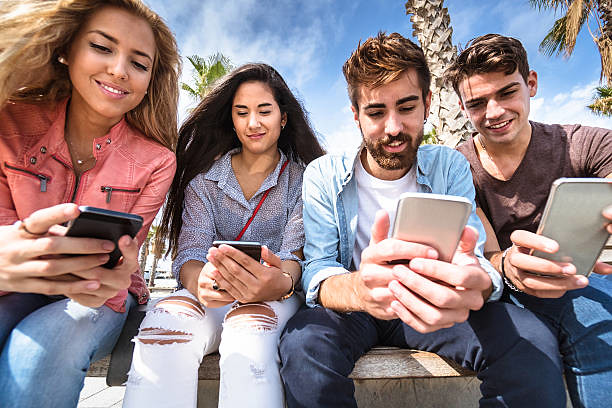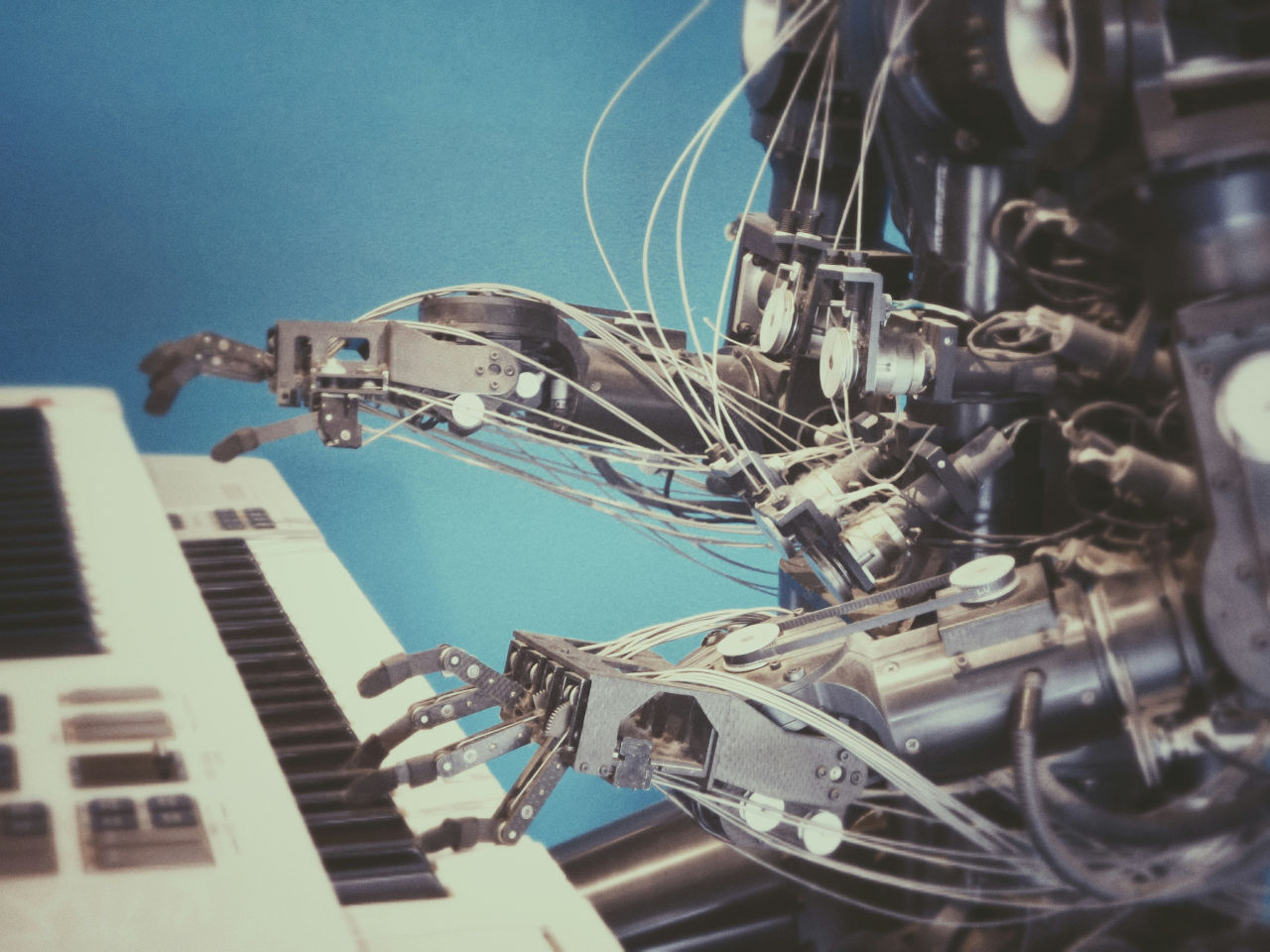It’s hard to find anyone today that thinks smoking cigarettes is a good idea but every generation seems to have a blind spot toward a different form of addiction.
I believe this generation’s addiction is smartphones and because this addictive behavior has become so culturally normalized, it doesn’t even seem to be a problem at first glance.
Yet, research suggests that an average person spends 3 hours and 15 minutes per day on their mobile device while the top 20% of users spend an average of 4 hours and 30 minutes per day.
If you think this is much more than your personal smartphone usage, consider the finding that adults use their smartphones roughly twice as much as they estimate to do.
Disturbingly, a lot of smartphone use seems to be habitual, automatic behaviors that we have no awareness of, which is the hallmark of addiction.
Social Media And Cigarette Breaks:
The cigarette break has clearly been replaced by the smartphone break but are smartphones actually any healthier than cigarettes?
Maybe not.
Most of us use less than 10 apps on a daily basis and the majority of these apps tend to be social networking apps.
A recent study found that just over half of smartphone time (an average of 1 hour, 56 minutes) is spent on the top five social media platforms: Facebook, Instagram, Twitter, Snapchat, and YouTube.
But how social are these apps? While smoking a cigarette tends to be a social activity, many people now spend their breaks from work alone staring at a screen.
Since the rise of social media, participation among young people in civic organizations has plummeted. Time people used to spend talking to each other face-to-face is now spent on screens.
This lack of face-to-face connection and participation in social organizations is driving a massive increase in loneliness and anxiety. A recent study found that lonely people are 50% more likely to die prematurely and loneliness can be lethal as smoking 15 cigarettes per day.
Why Social Media Is So Addictive
If you’re feeling bored, lonely or anxious then the habitual reaction today is to take out your smartphone and start scrolling in a social media app.
These social media apps need to hook our attention to maintain profitability and to do this they create a habit-forming dopamine loop to make us impulsively crave their use, which means these technology companies can harvest more of our attention.
With the recent emergence of artificially intelligent algorithms in the last decade, social media networks like Facebook, Snapchat, and YouTube are actively learning about what makes you click, like, and comment so they can show you more similar content that will keep you hooked.
Once the daily checking of social media apps on your smartphone becomes habitual, these social media algorithms can compile the necessary data to successfully control your attention and sell it profitably to their advertisers.
Ideally, they need you to compulsively check their social media app on your smartphone in little breaks throughout your day (similar to taking cigarette breaks) because every extra minute you spend in their apps ultimately means higher profits for their investors.
The most effective way they hook your attention is through the infinite scroll feature. Infinite scroll refers to content that automatically loads after you scroll to the bottom—like Twitter, Instagram, or Facebook.
These apps open dopamine ‘loops’ that create an addictive cycle of craving and aversion (also known as the fear of missing out) that keeps you compulsively coming back from more.
The Rise of Smartphone Addiction:
The infographic below contains some shocking statistics about just how common smartphone addiction has become in the United States and other highly-developed countries with their hyper-connected populations.
Many people now spend much more time on their screens than interacting with other people or sleeping at night.

How We’re Addicted To Our Smartphones:
If you want to dig deeper into this phenomenon of smartphone addiction and the powerful lure of social media apps, I highly recommend watching this 20-minute documentary.
Take My 5-Day Flow Productivity Challenge
Want to break free from your smartphone addiction and harness the power of focused attention?
Join my free 5-day Flow Productivity Challenge and build habits that reclaim your mind from the social engineers that want to make you addicted to their product and services.




